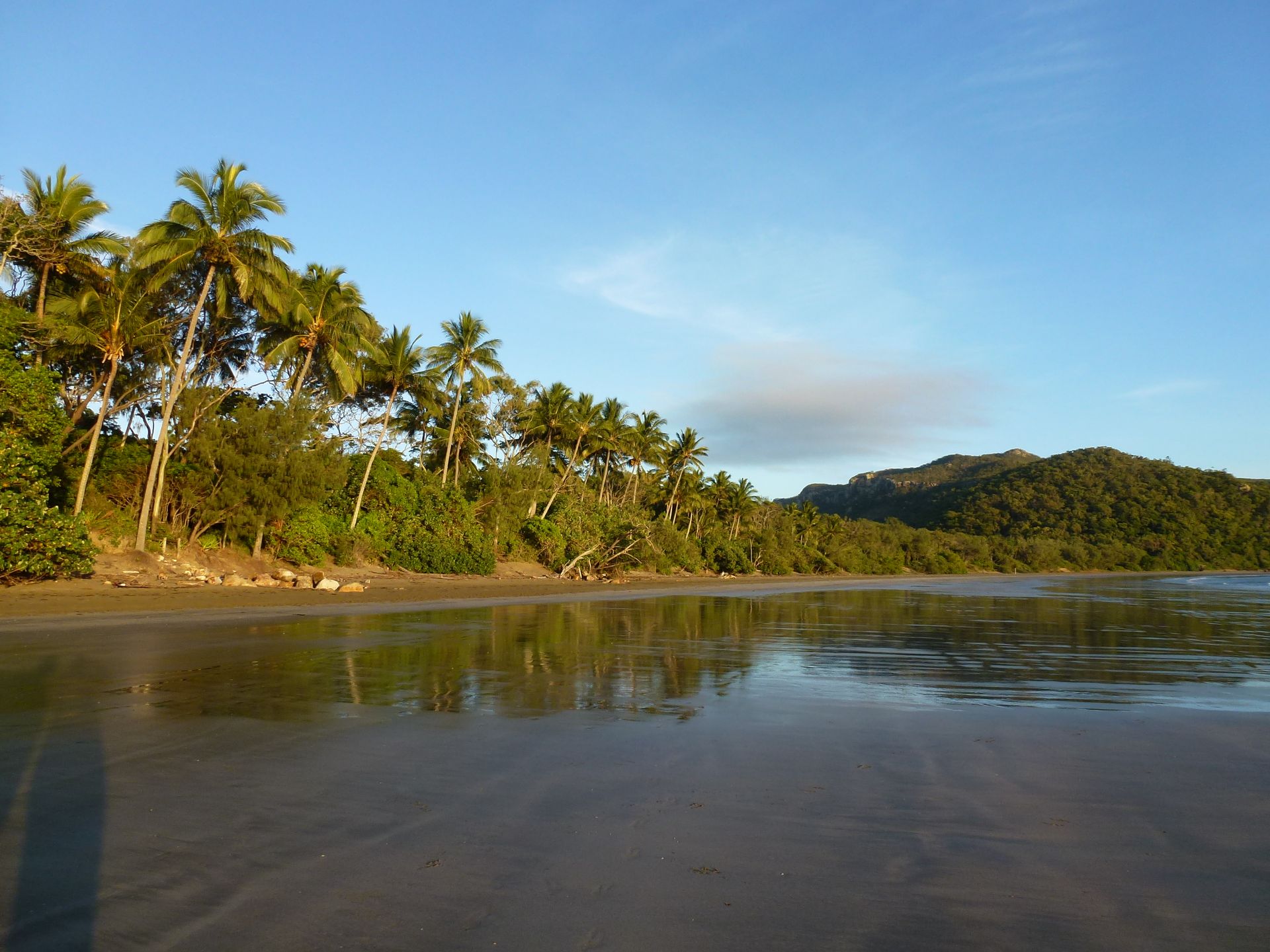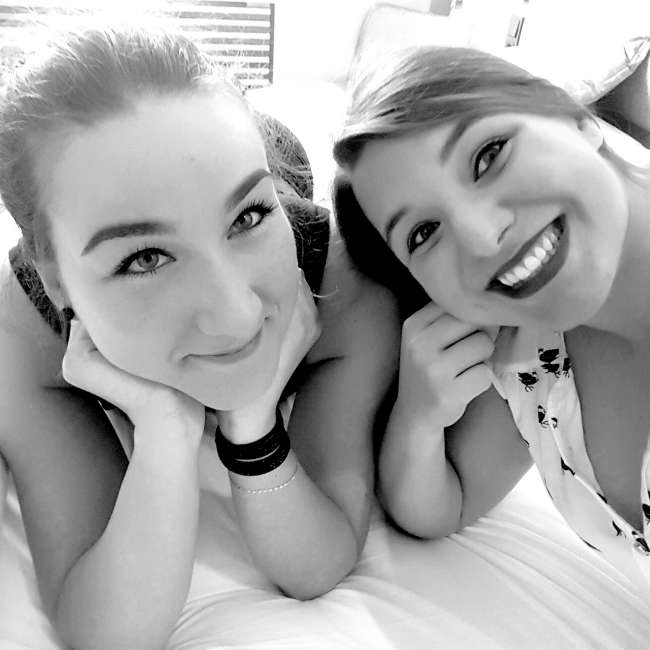10-day road trip along the west coast heading north and back again
Oñemoherakuãva: 10.05.2018
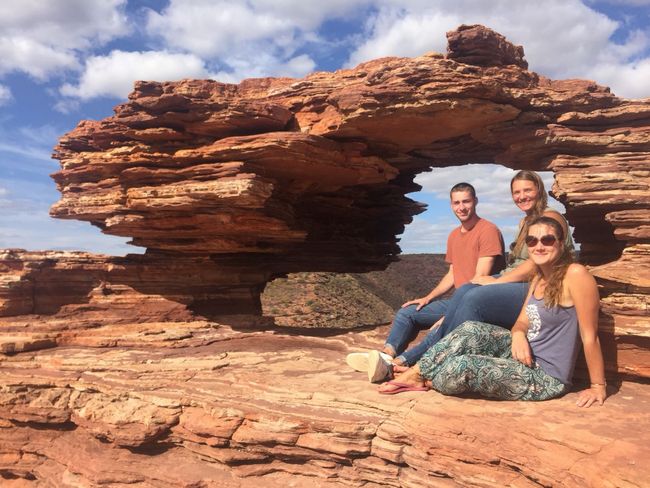
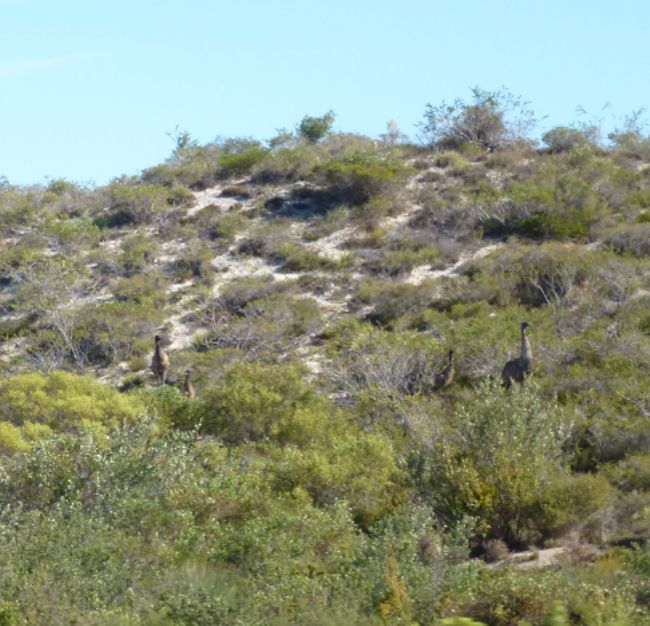
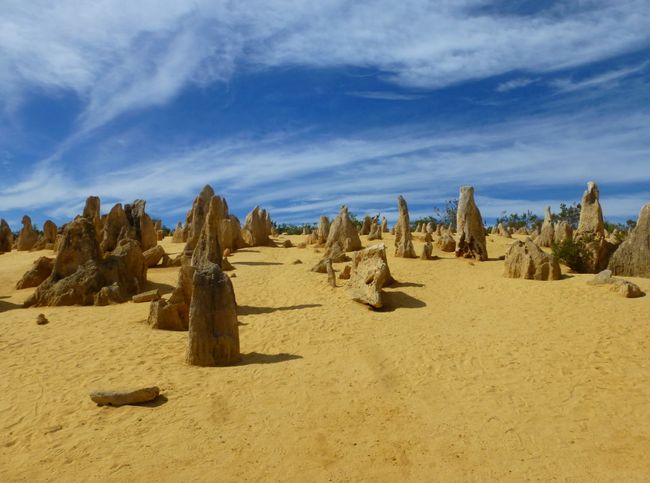
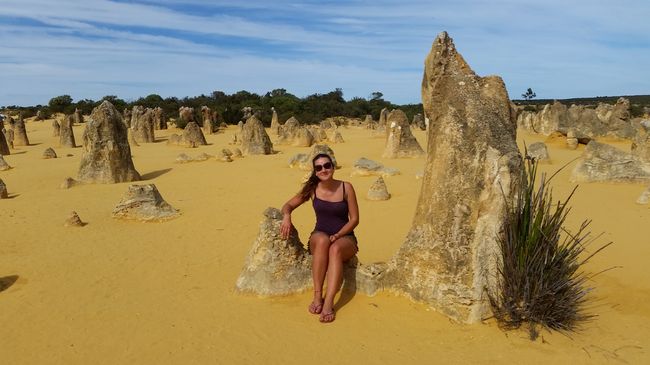
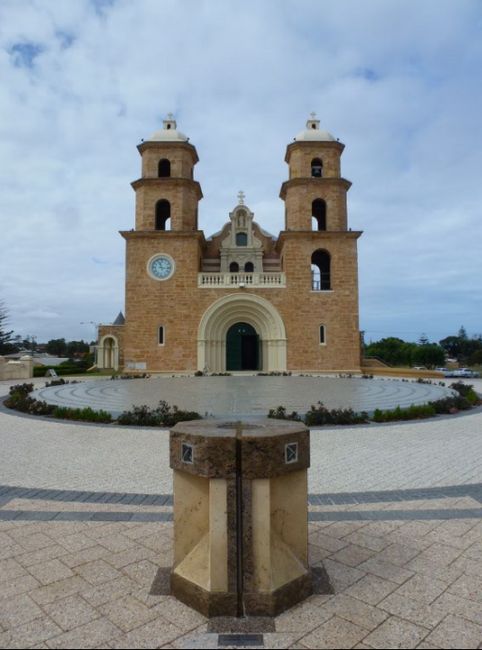
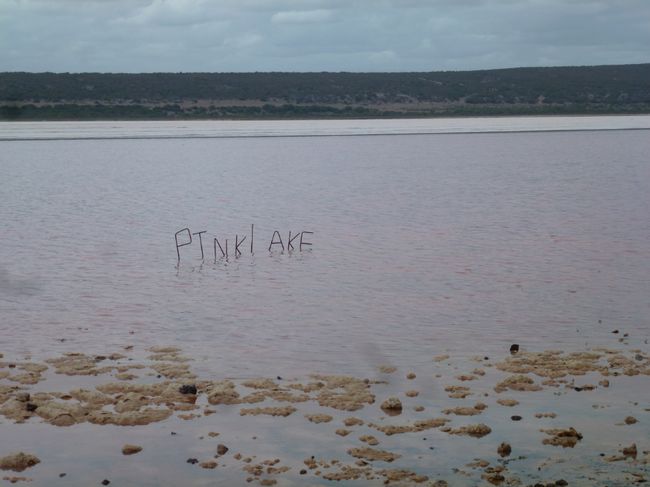
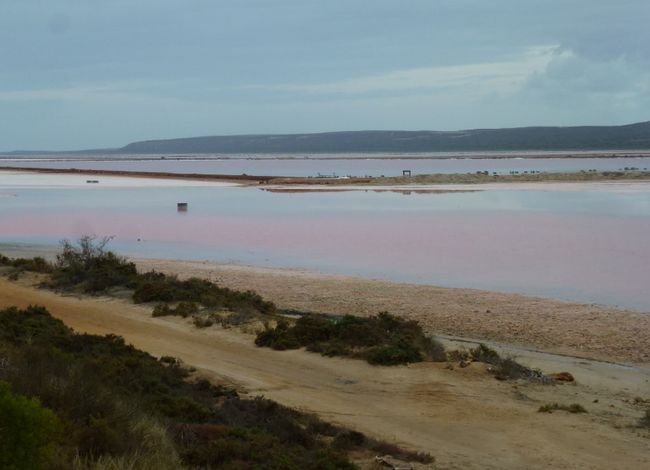
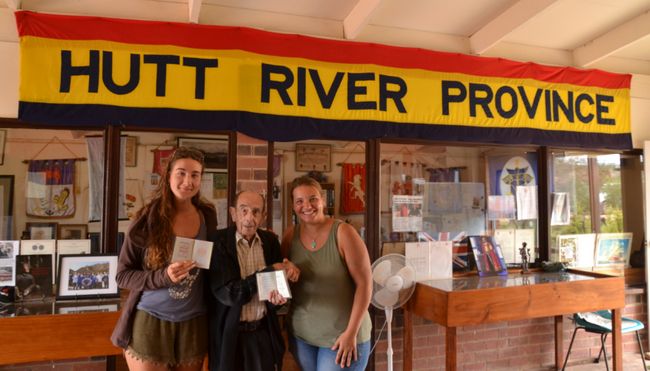
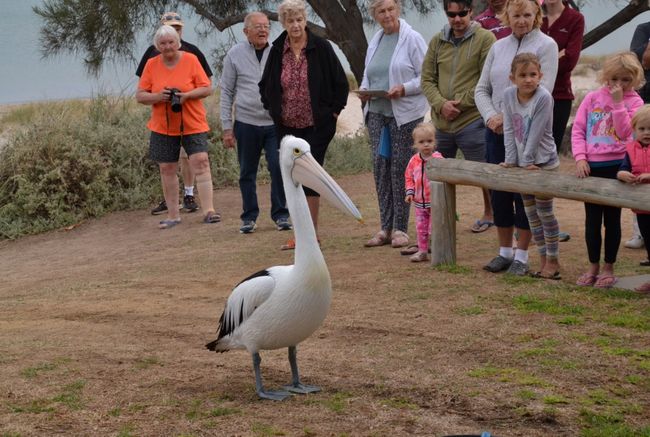
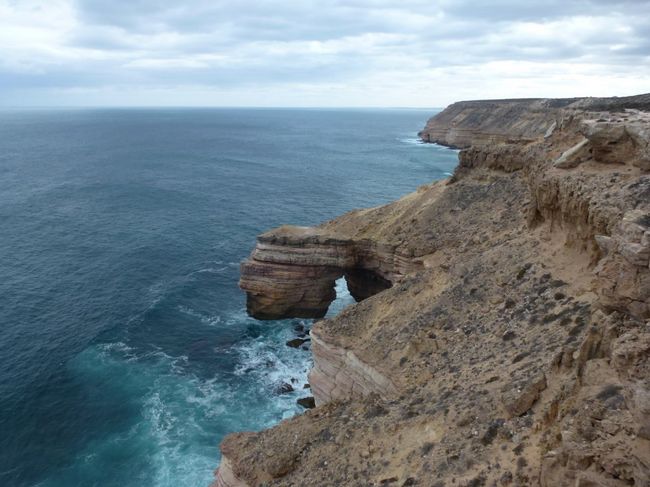
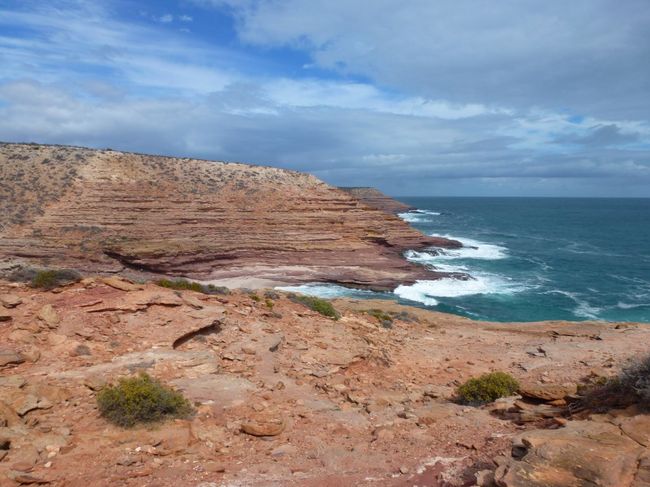
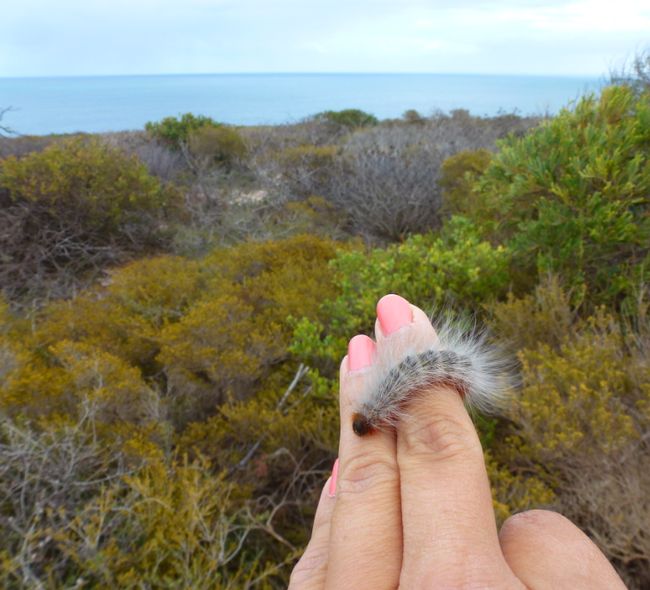
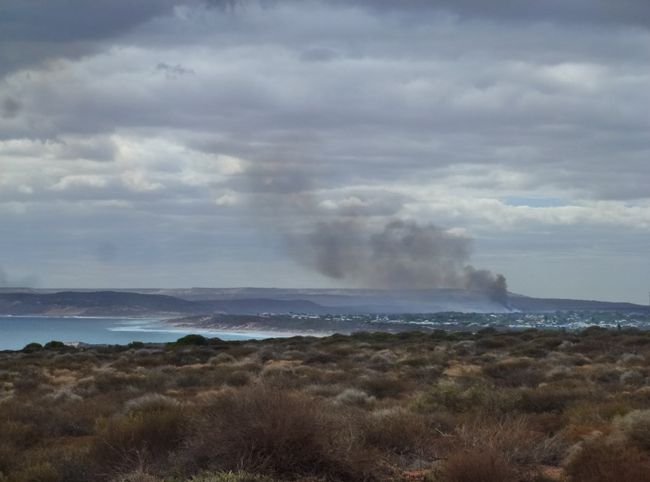
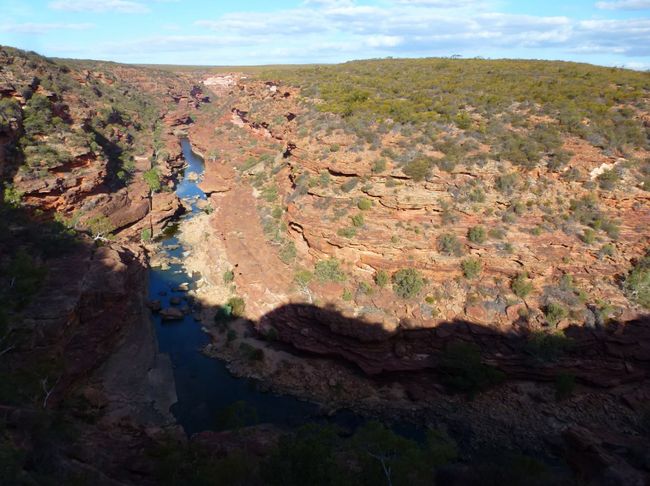
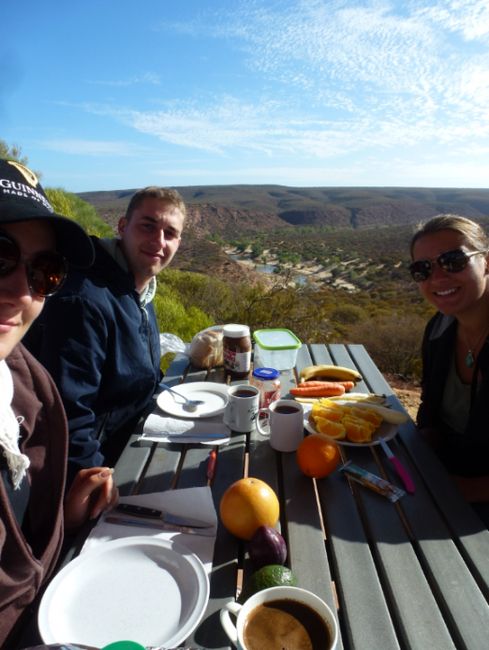


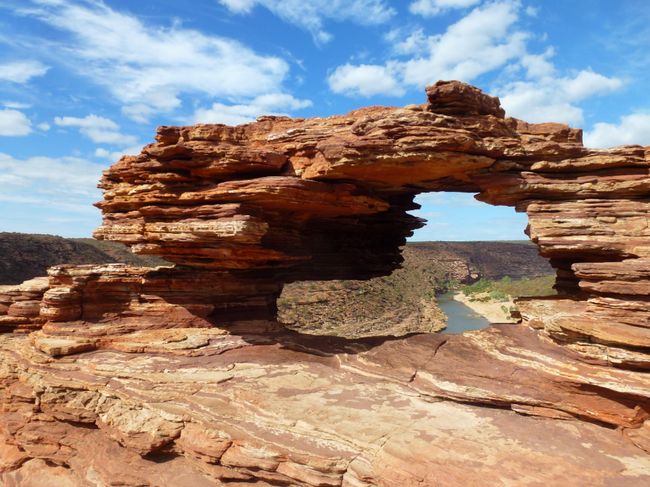
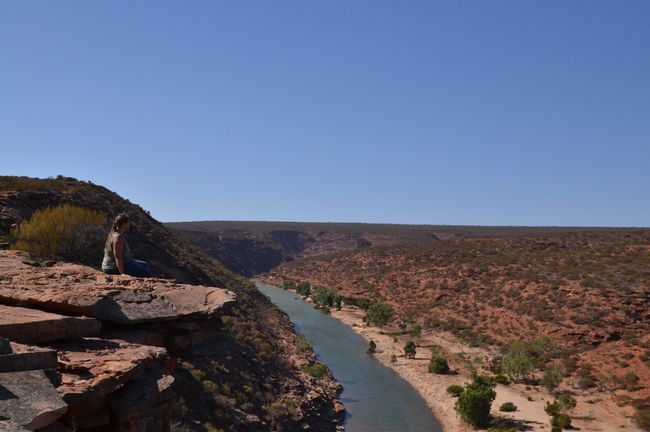
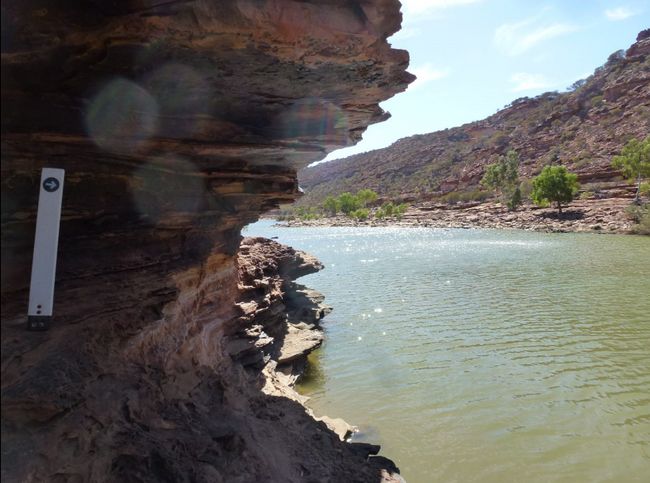
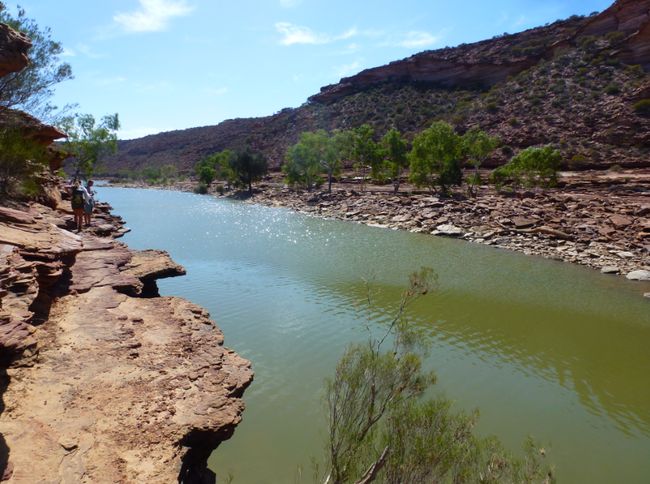
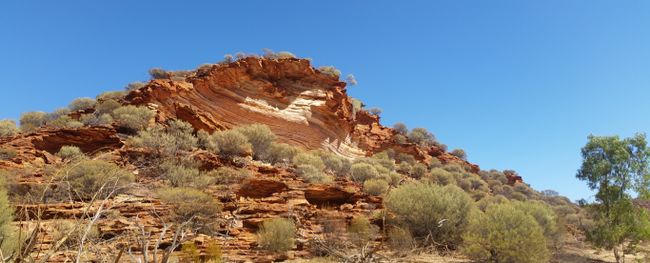
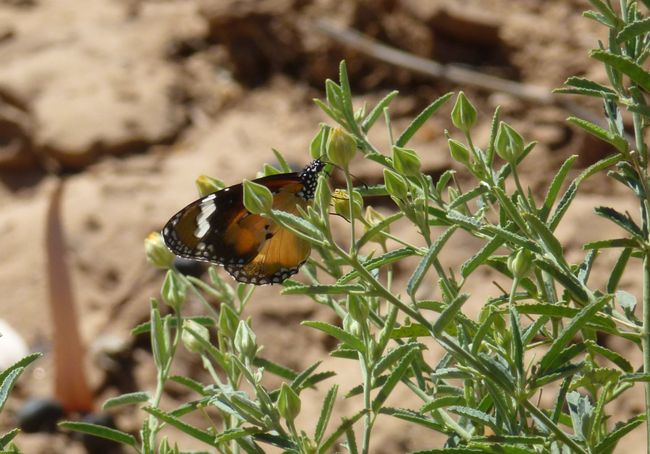
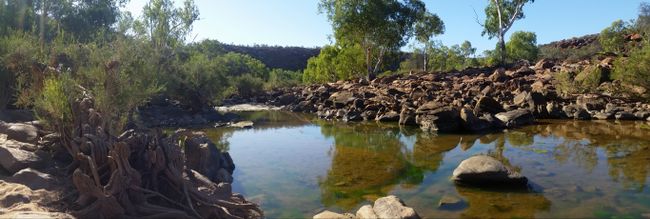

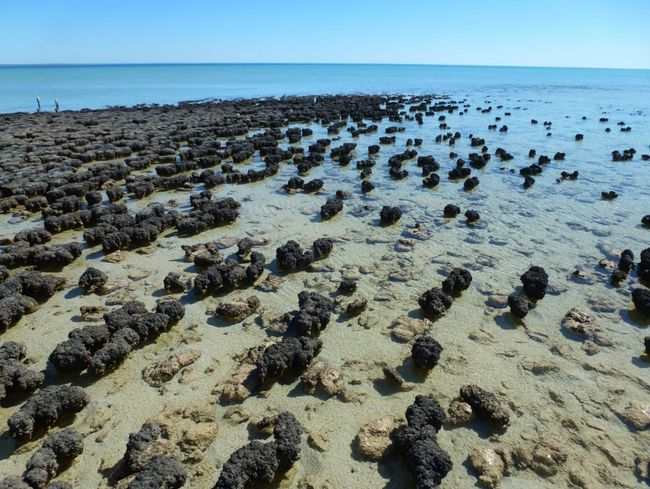
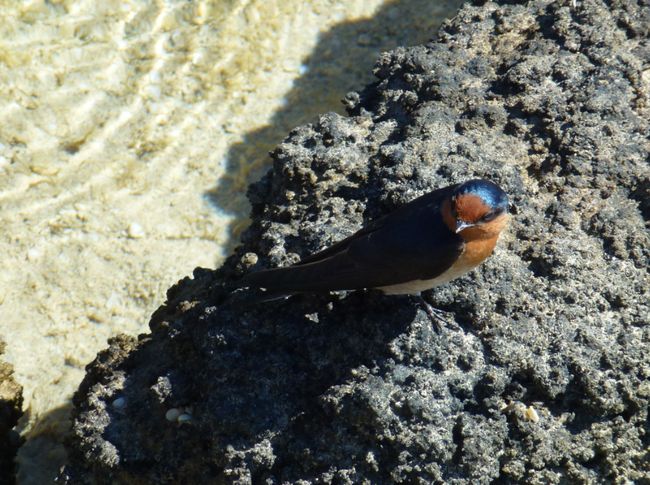
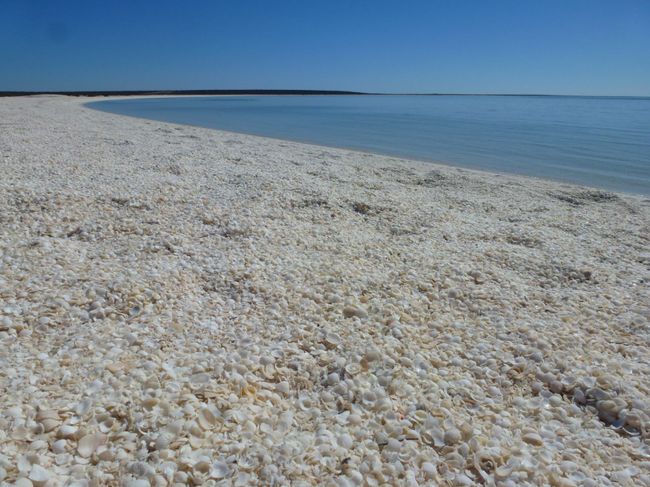
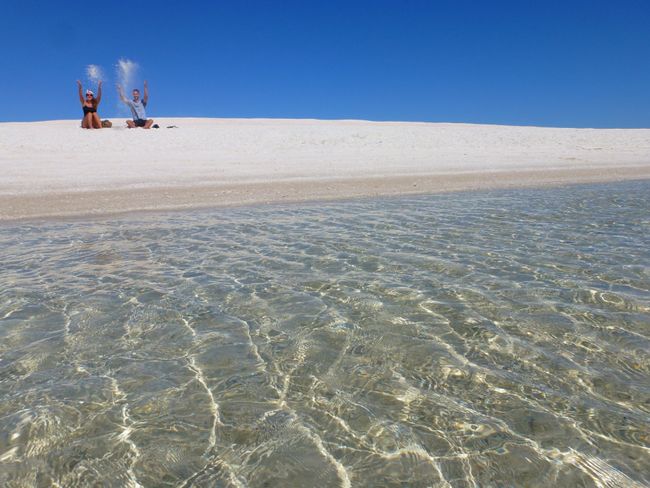
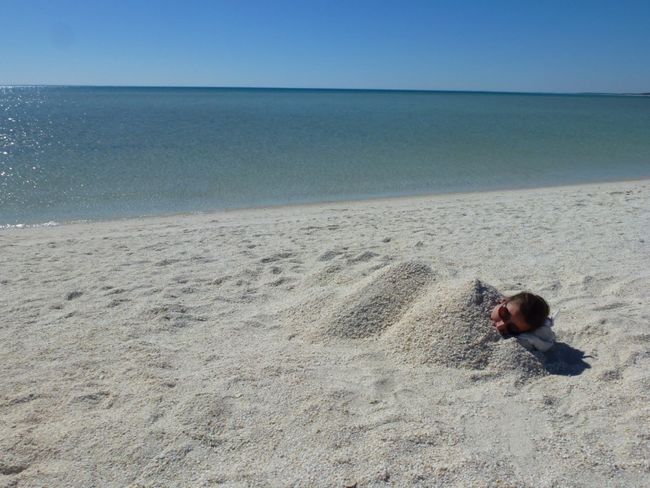
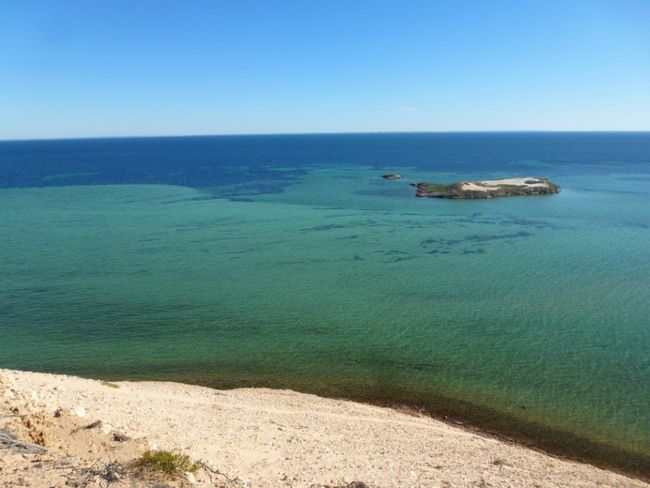
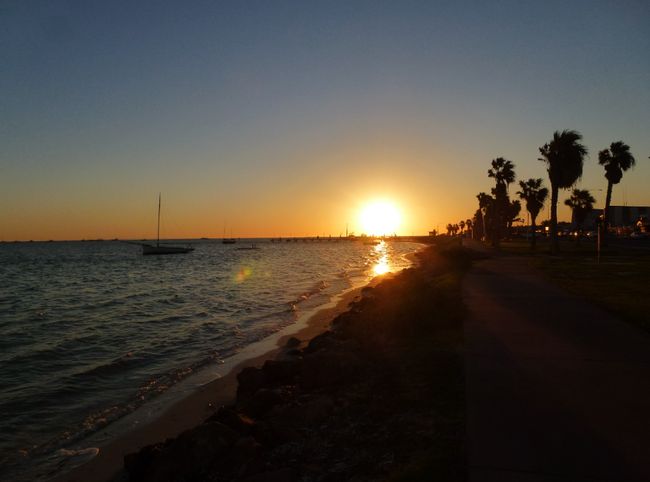
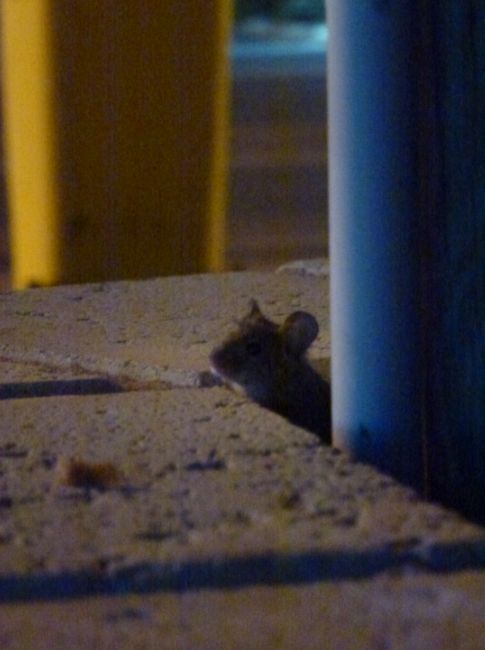
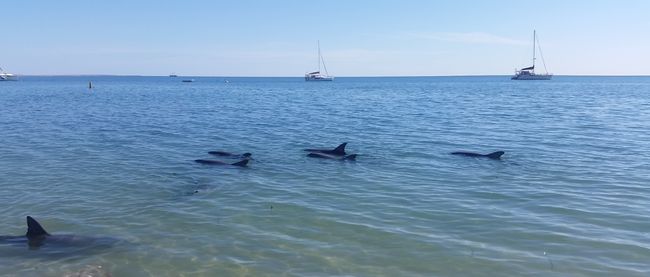
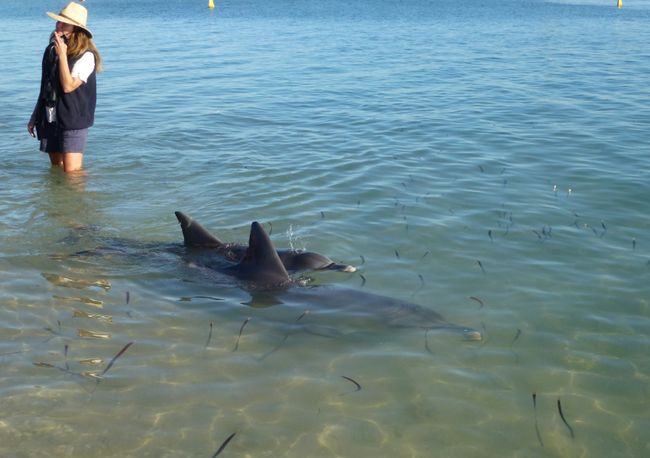
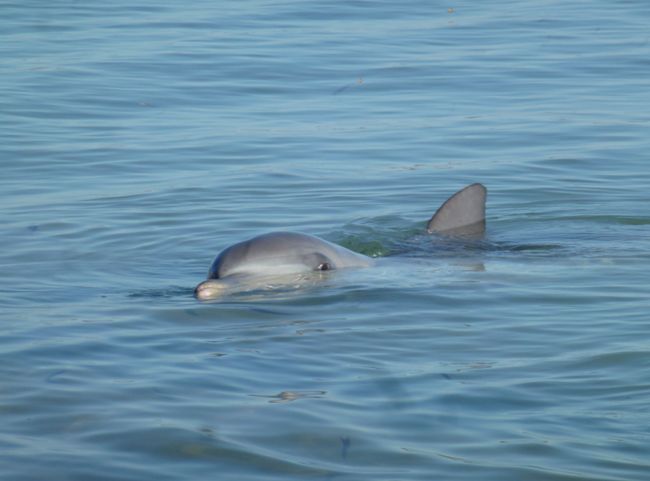

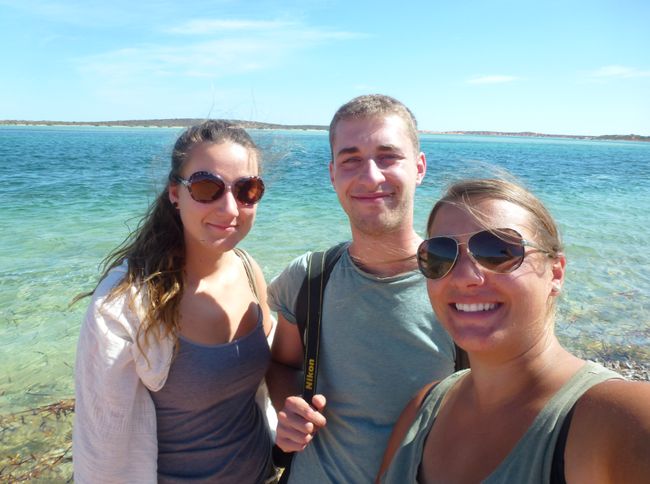

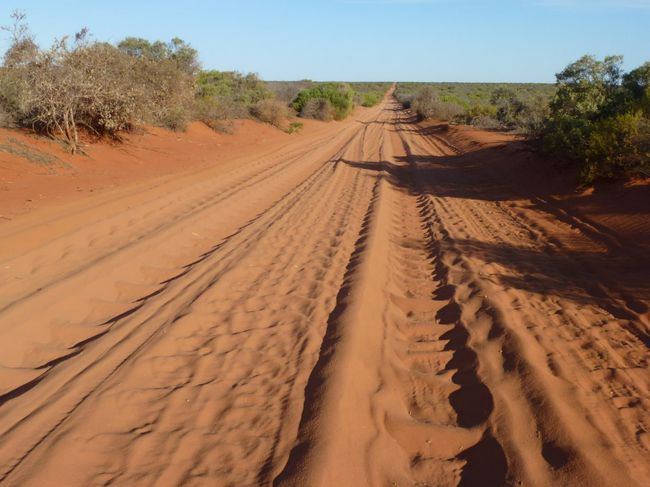
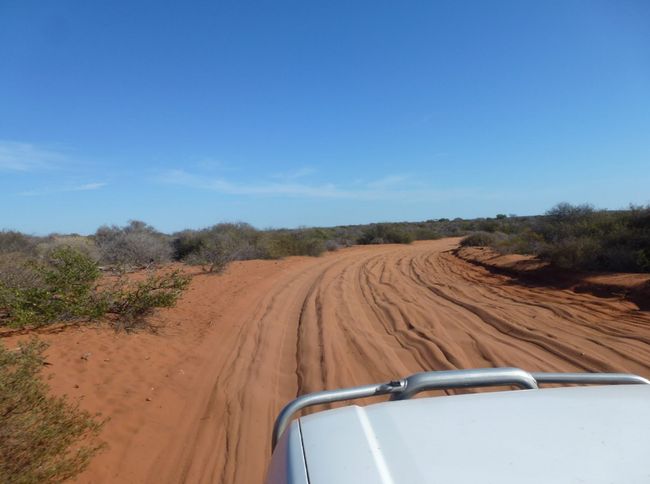
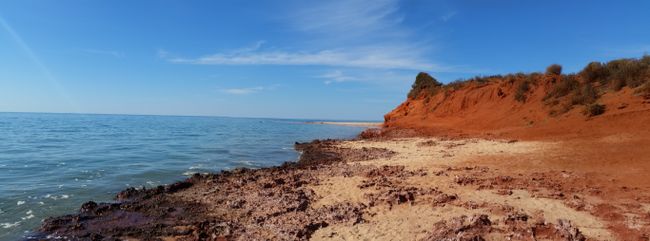
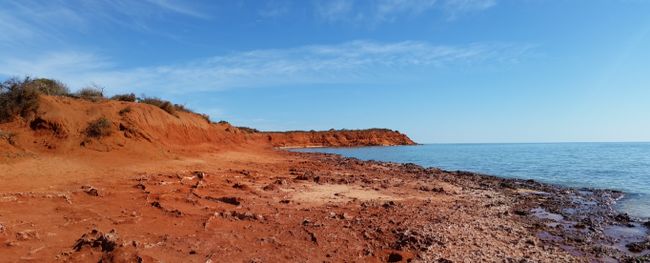
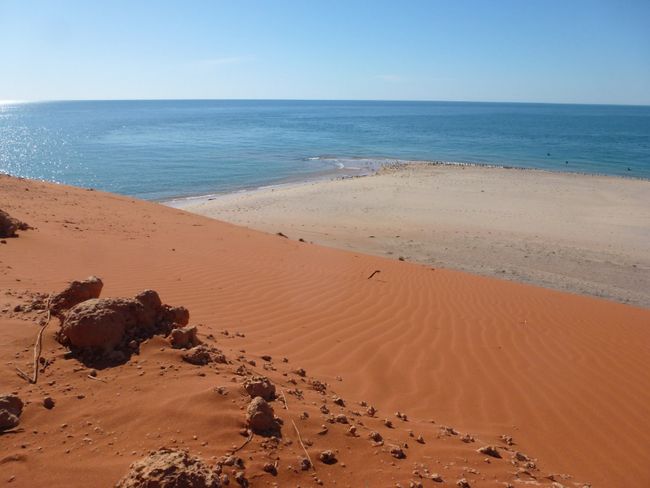
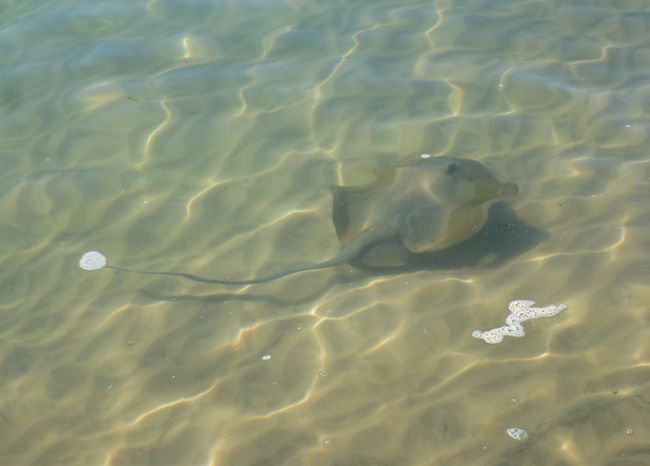
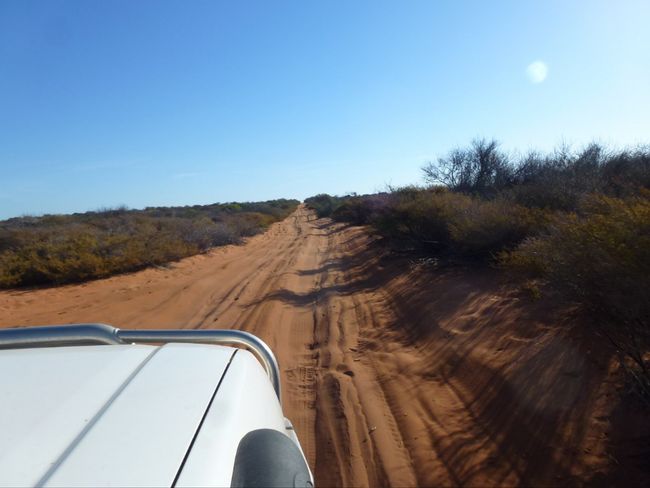
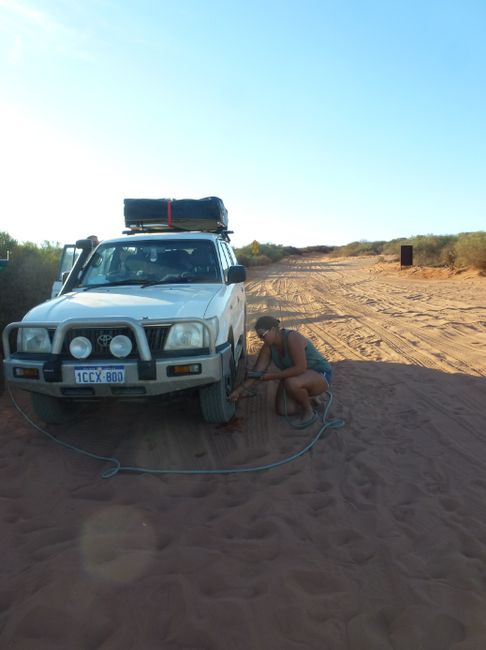
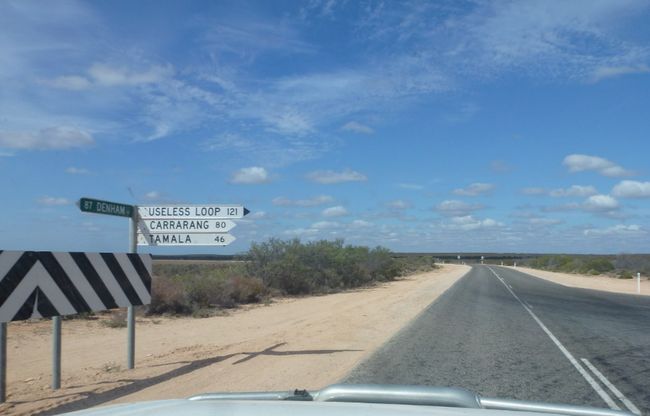
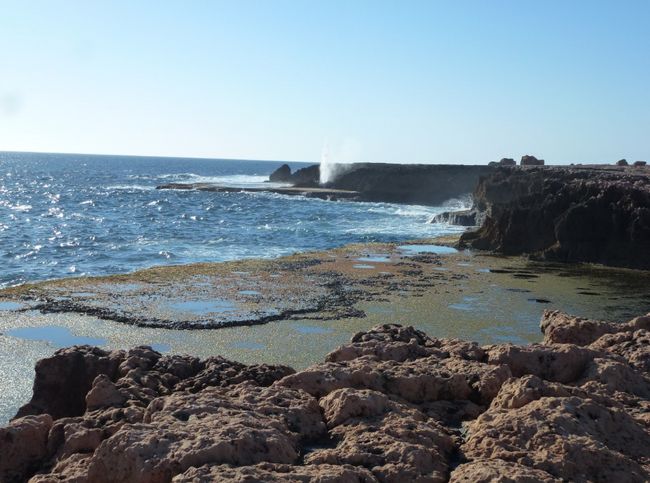
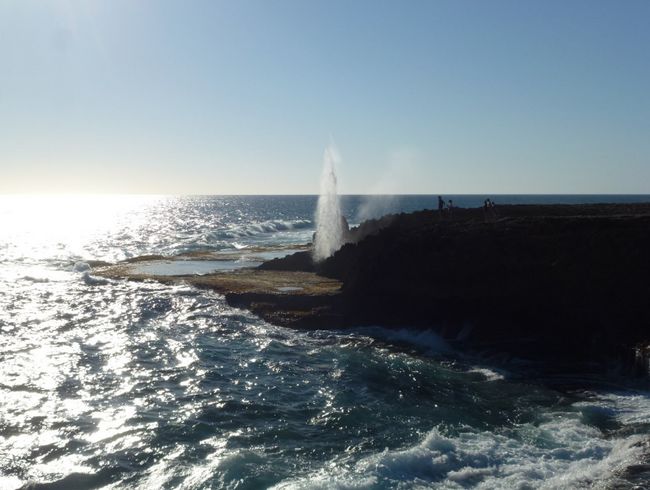
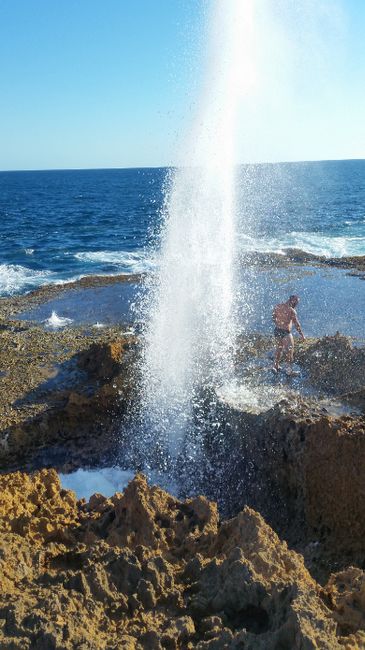
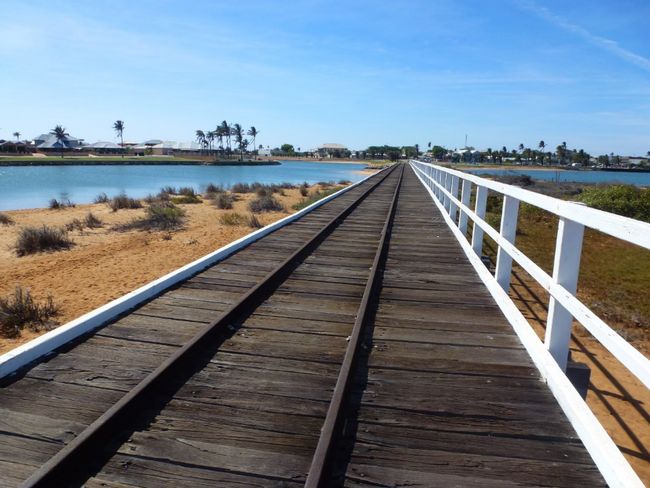
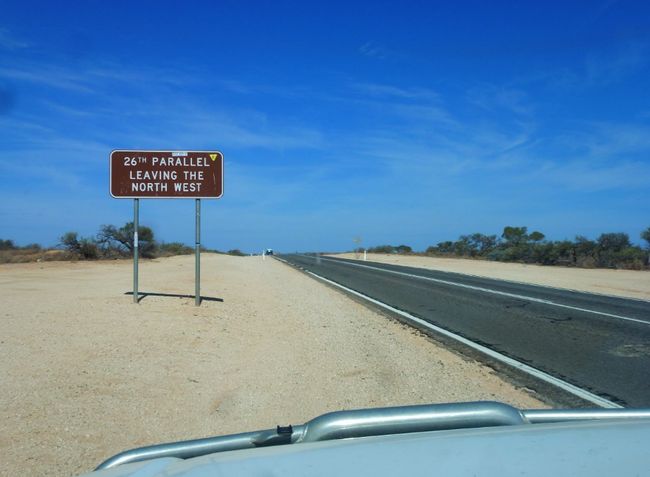
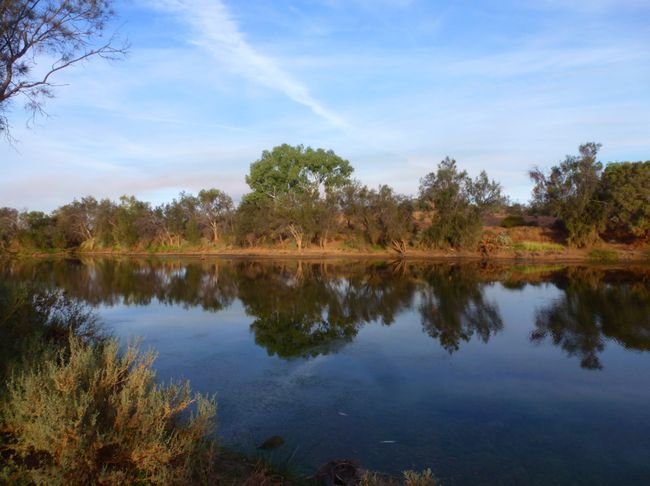
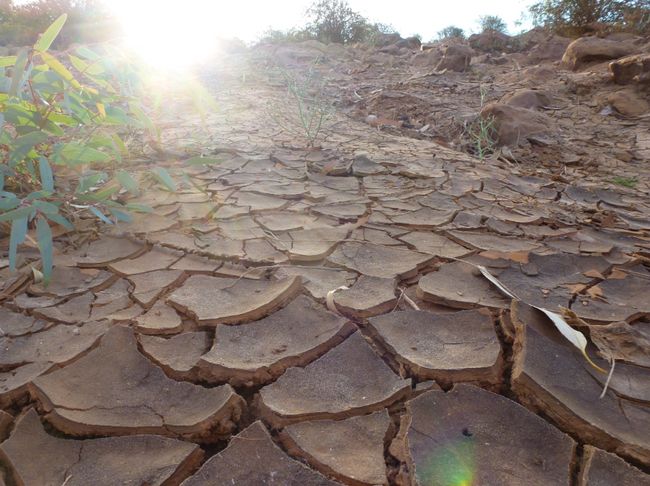
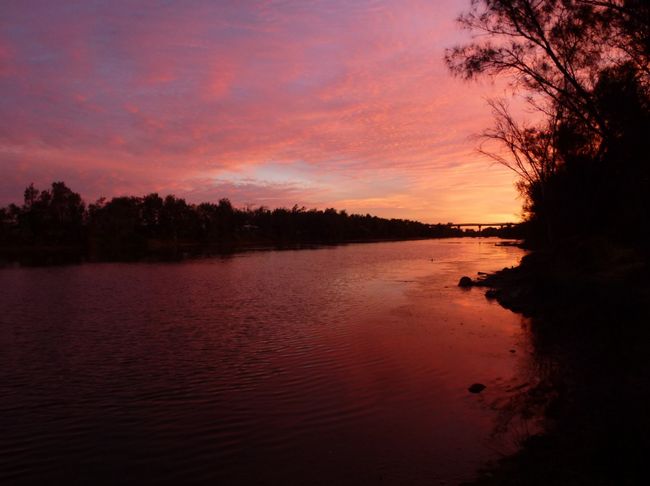
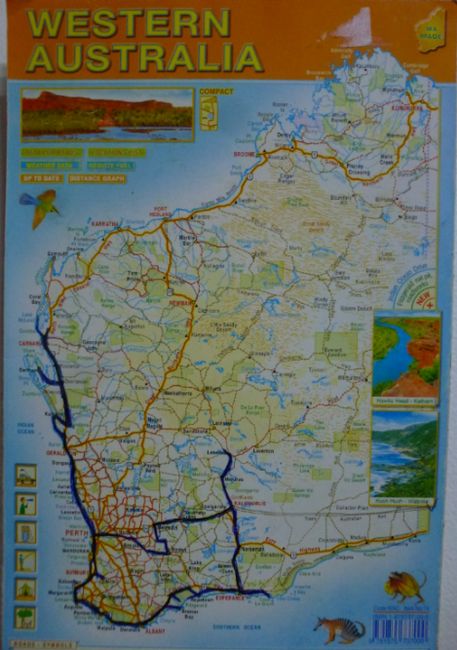
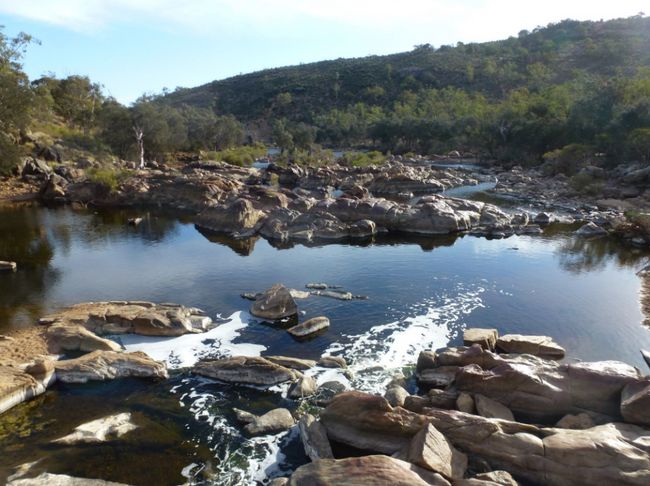
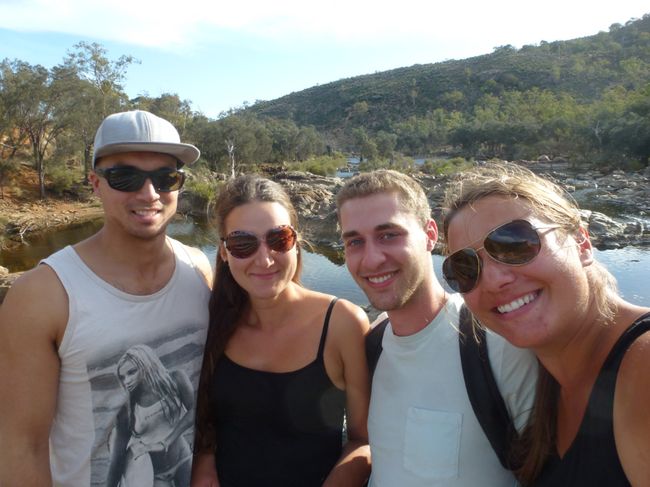
Ejesuscribi Boletín de Noticias-pe
Dzien dobry and Servus,
We are back in Perth!
After completing our Southwest tour faster than expected, we had ten days left before getting on the plane to Denpasar. We took advantage of that time and drove along the west coast heading north.
The west of Australia is very natural and less populated compared to the east coast. There is plenty of space for nature, stunning landscapes, and hours of driving along the North West Coastal Highway.
After passing Lancelin, where we already surfed on sand dunes, we visited the Nambung National Park to take a walk among the Pinnacles. Things got royal at the 'Principality of Hutt River'. We were welcomed by the current reigning Prince Graeme, as well as his predecessor Prince Leonard. The 75 km² principality, located 595 km north of Perth, is an independent sovereign state that seceded from Australia on April 21, 1970. 'The Commonwealth of Australia does not formally recognize the Principality of Hutt River as an independent state. However, the Australian state also does not exercise state authority over the territory of the principality.' (Source: https://de.wikipedia.org/wiki/Principality_of_Hutt_River) Upon our arrival, we received a visa stamp in our passports from Prince Graeme himself. Gifts from countless countries adorned the 'Government Building'. Among Polish zloty and European euros, we were presented with a Chinese tea table and proud Bavarian flags and steins.
In the Kalbarri National Park, we posed like tourists in the stone frame of Nature's Window before we completed the 8 km long circuit, first on the red rock ridge and then through the valley. It was a hike along the winding Murchison River with a beautiful panorama. At one point, the 'path' was only a barely 30 cm wide rock slab, which we climbed along the rock wall, hoping not to tilt to the right and land in the river.
We saw 3.5 billion-year-old stromatolites at the Hamelin Pool Marine Nature Reserve. These sedimentary rocks formed by colonies of cyanobacteria are among the oldest life forms on Earth. A few kilometers away lies Shell Beach, one of the very few beaches in the world made of shells instead of sand. The approximately 40 km long stretch of coastline on Shark Bay consists of a layer of up to 10 meters thick of billions of cockle shells.
On the following day, we went to Monkey Mia to admire dolphins up close. The crystal-clear waters in this World Heritage Area offer many opportunities to see fish and other creatures in the water. At Eagle Bluff, we saw two small reef sharks swimming in the water, and at Cape Peron, a stingray circled the rocky coast right next to us.
One of the most adventurous days we had was in the Francois Peron National Park. After reducing our tire pressure to 18 psi (1.24 bar), we drove on red sand tracks to Cape Peron, where dark red rocks meet blue sea and blue sky. We covered 122 km on single road tracks to witness this unique sight. The sand tracks are only accessible with four-wheel drive. A Mitsubishi got stuck on a very sandy section. Then a Toyota Hilux got stuck in the soft sand while trying to rescue the Mitsubishi. Our Boomie reliably plowed through the sand dunes. The track consisted of two alternating types of surfaces. When the section was not made of soft sand, we bounced over the harder sand waves. Suddenly, Vroni had the handrail of our dashboard in her hand because the nuts had come loose due to the vibrations. If you drive too slowly, you will get stuck here. At times, we bounced on our seats like rodeo bulls while our luggage flew around the inside of the vehicle.
In total, we spent 37 days on the roads of the Southwest and covered over 8,826 km. We invested a proud AUD 2,164 in gasoline. We leave the Southwest behind and will spend the next three weeks on the islands of Indonesia.
Unfortunately, it is time to say goodbye to Martin. Au revoir Martin! Merci pour le bon temps! Tu nous manquas beaucoup!
Until then,
Vroni and Maria
Ejesuscribi Boletín de Noticias-pe
Mbohovái
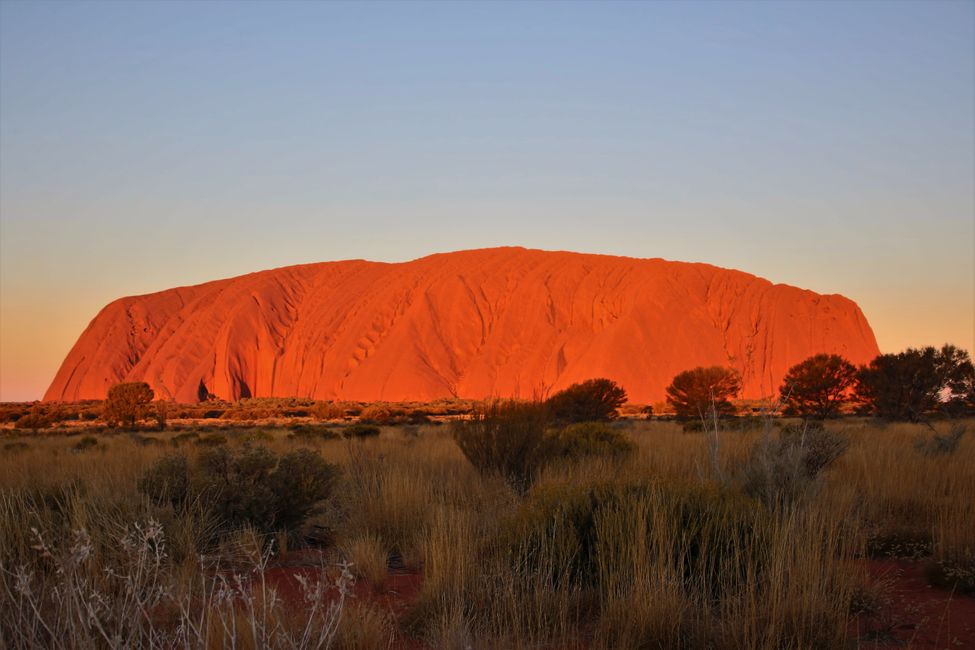
Marandu jeguata rehegua Australia-pe
